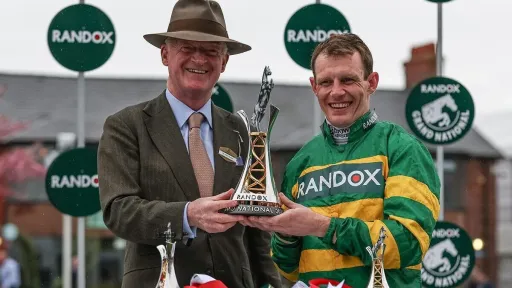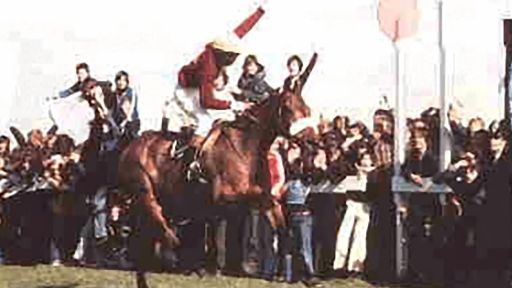Grand National Previews
Welcome to the articles section of Grand National Guide. This is the place to explore if you want to expand your grand national knowledge. We have in depth reviews of past grand nationals, articles covering the history of the race, tales of famous runners & riders, analysis of the course, the fences and much more.
You will also find very useful guides to help you with your betting on the grand national horse race. Take a look through or jump below for help finding our more popular guides.
How To Bet on The Grand National (online)
Placing a bet on the Grand National is a 'once a year' pastime for many occasional punters and this year (due to the pandemic) the annual trip to the...
How To Pick Your Horse For The Grand National
Lots of different methods can be used to select the horses you want to back in the Grand National and, if you are only an occasional gambler, you...
Who is the greatest Grand National winner? Tiger Roll or Red Rum
Who is the greatest Grand National winner ever? Will it be the legendary three-time winner Red Rum or the modern-day hero, Tiger Roll
2024 Grand National review
The 2024 Grand National was subject to some radical changes which were implemented to increase safety to horse and jockey. The main change was the red...
2023 Grand National Review
The 2023 Grand National saw a clear and decisive winner in Corach Rambler who came to AIntree on the back of his second victory at the Cheltenham Fest...
The World's Greatest Steeplechase
The Grand National Horse Race is often called the world's greatest steeplechase. The race is one of the most famous steeplechases in the world. It is...
The Grand National Fences
The course is nearly two and a quarter miles around and is in its two circuits a unique test for rider and horse. There are 16 grand nat...
2022 Grand National Review
The 2023 Grand National provided a big-price winner with a fairytale story in Noble Yeats and Sam Waley-Cohen. Noble Yeats just got the better of the...
2021 Grand National Review
The 2021 Grand National took place behind closed doors and followed on from the cancellation of the race the year before due to the coronavirus pandem...








